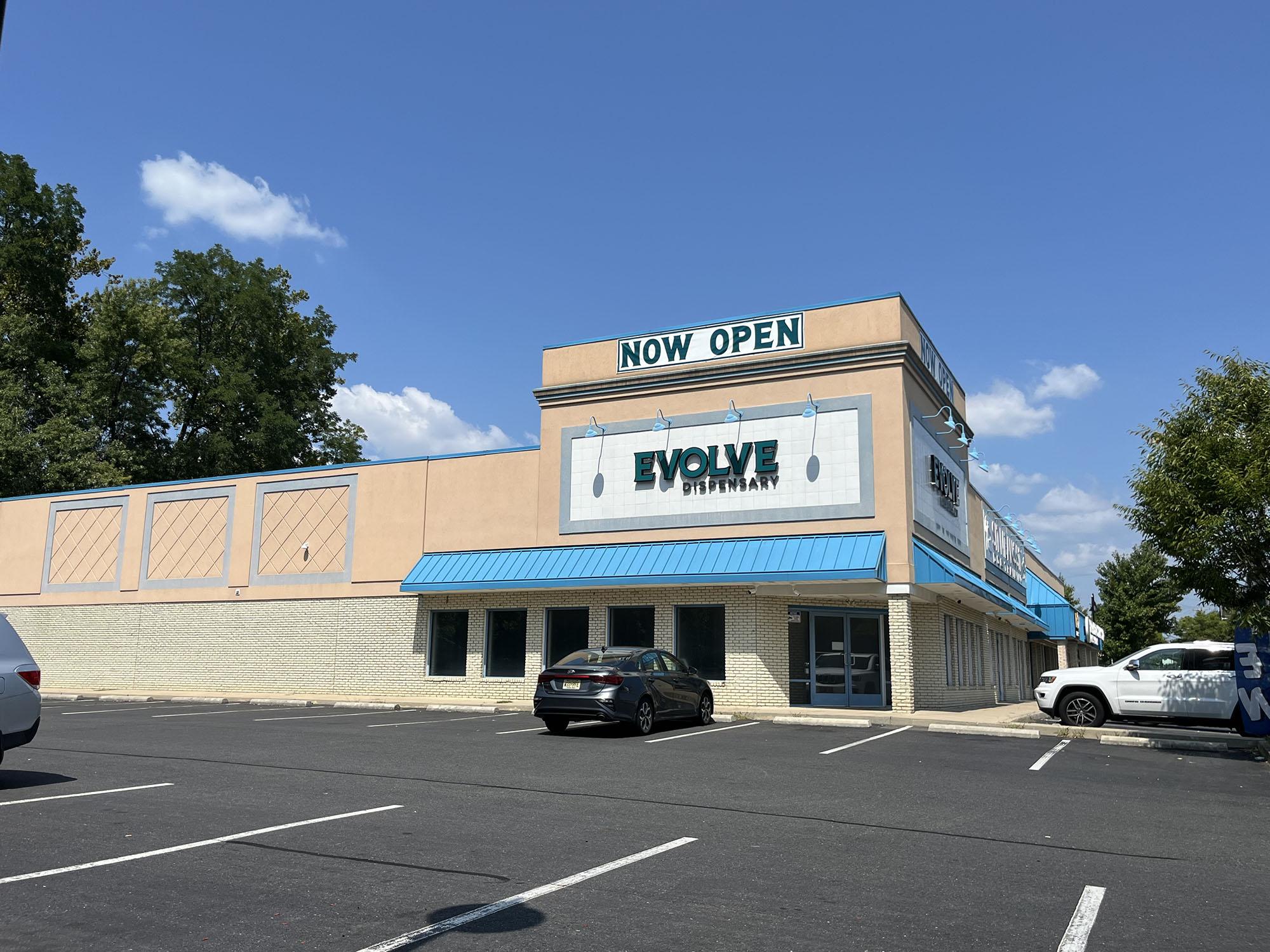The cannabis industry has experienced significant growth across the United States, leading to a surge in the establishment of dispensaries. Understanding the licensing process, demographic considerations, and state-specific requirements is crucial for businesses aiming to enter this market.
Understanding Dispensary Licenses
A cannabis dispensary license authorizes a business to sell cannabis products to consumers. These licenses are issued by state regulatory bodies and are essential for legal operation. The licensing process varies by state and often involves multiple steps, including application submission, background checks, and compliance with local ordinances.
State-Specific Licensing Processes
Each state has its own regulatory framework for cannabis dispensaries. For instance, in California, the Department of Cannabis Control oversees the licensing process, requiring applicants to meet specific criteria and adhere to state regulations. Similarly, Ohio’s Division of Cannabis Control manages dispensary licenses, providing detailed guidelines for prospective licensees.
Demographic Considerations and Location
The location of a dispensary significantly impacts its success. Urban areas with higher population densities often present more opportunities due to increased consumer bases. However, these areas may also have stricter zoning laws and higher competition. Conversely, rural locations might offer less competition but a smaller customer base.
Understanding local demographics is essential. For example, cities like Denver, Colorado, and Portland, Oregon, have a high concentration of dispensaries, reflecting strong local demand. In contrast, some regions may have fewer dispensaries due to local regulations or lower demand.
Steps to Obtain a Dispensary License
- Research State and Local Regulations: Begin by understanding the specific requirements in your state and municipality. This includes zoning laws, application fees, and operational guidelines.
- Develop a Comprehensive Business Plan: A detailed business plan should outline your operational strategy, financial projections, and compliance measures. This plan is often a requirement during the application process.
- Secure a Suitable Location: Identify a location that complies with zoning laws and is strategically positioned to attract your target demographic.
- Prepare and Submit the Application: Gather all necessary documentation, including proof of financial stability, background checks, and detailed operational plans. Submit the application to the appropriate state agency within the specified timeframe.
- Undergo Inspections and Reviews: Be prepared for site inspections and reviews by regulatory bodies to ensure compliance with all regulations.
- Obtain Local Approvals: In addition to state licensing, secure any required local permits or approvals.
- Maintain Compliance: Once licensed, adhere to all operational guidelines, including inventory tracking, security measures, and reporting requirements.
Challenges in the Licensing Process
The dispensary licensing process can be competitive and complex. Many states limit the number of licenses issued, leading to a highly competitive application process. Additionally, the cost of obtaining a license can be substantial, with application fees, legal expenses, and capital requirements adding up. For example, in some states, application fees alone can range from $5,000 to $25,000.
Securing a License
Securing a cannabis dispensary license requires thorough research, strategic planning, and adherence to state and local regulations. Understanding the demographic landscape and regulatory environment is essential for success in this burgeoning industry. By following the outlined steps and remaining informed about industry trends, prospective dispensary owners can navigate the licensing process effectively.






